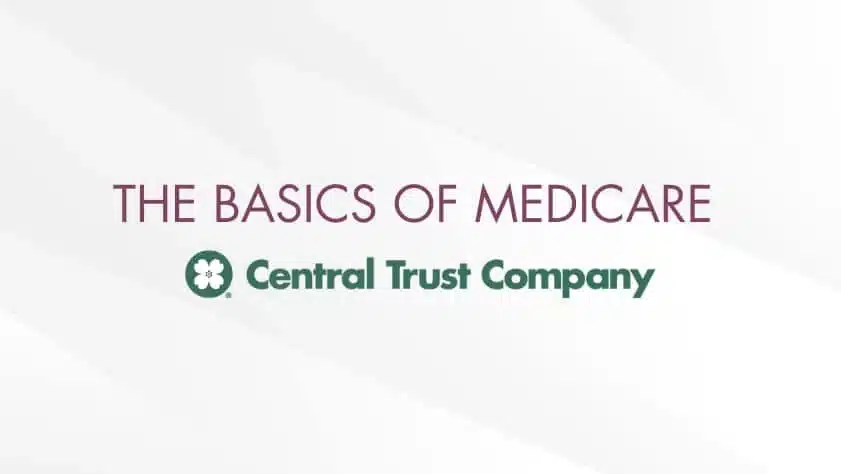Discover helpful strategies “sandwich-ers” can utilize when providing assistance and guidance to those they care about, while also balancing and protecting their own financial nest eggs in this two-part series.
By John Bailey, CFP® – Vice President & Wealth Management Advisor
People often ask me, “I have a will…so why do I need a trust? The answer can be complicated, but for many people, the desire to avoid probate necessitates doing some additional estate planning to supplement their last will and testament.
Many people are surprised to learn that having a will does not avoid probate. ‘Probate’ is a word with two meanings. Specifically, it means proving to a court that a will is valid. More generally, ‘probate’ refers to the whole process of settling an estate disposed of by the will – assembling assets, notifying creditors, paying taxes, distributing bequests, and so on.
When people talk about ‘avoiding probate,’ they’re usually seeking to reduce the legal costs and the hassle associated with settling an estate. Over the generations, procedures that some states adopted to protect estates and heirs tended to fossilize into expensive red tape. Reforms have improved matters some, but probate is still costly, time consuming and public.
To avoid probate, some people choose to do revocable living trusts and have a comprehensive plan of asset management during their lifetime, if they become incapacitated, and of course, at their death.
We have just scratched the surface of what can be accomplished with a trust. To learn more about these ideas, or if you have questions about your personal situation, please talk to us today. At Central Trust Company, we are a fiduciary, meaning we are legally and ethically bound to do what is in your best interest.


